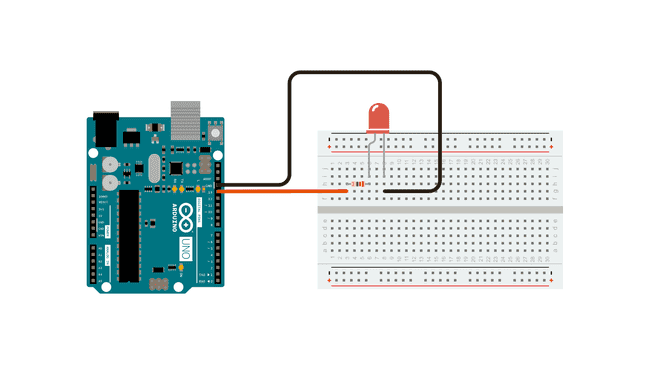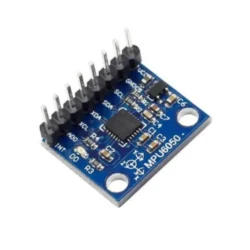Automating STM32 Firmware Builds and Flashing using GitHub Actions with OpenOCD
In this tutorial, we will walk through the process of automating the build and flashing of STM32 firmware using GitHub Actions. This setup enables continuous integration and helps streamline the development process for embedded systems. We will leverage OpenOCD for programming the STM32 microcontroller.
Prerequisites
- Basic knowledge of Git and GitHub
- Familiarity with C/C++ programming
- STM32 microcontroller development board
- OpenOCD installed on your local machine
- GitHub account
- A configured GitHub repository for your STM32 project
Parts/Tools
- STM32 Development Board (e.g., STM32F4, STM32F1)
- OpenOCD
- GCC ARM Toolchain
- GitHub Actions
Steps
- Set Up Your GitHub Repository
- Create a new repository on GitHub for your STM32 project.
- Clone the repository to your local machine.
git clone https://github.com/yourusername/your-repo.git - Write Your STM32 Firmware Code
- Develop your firmware in C or C++ using your preferred IDE.
- Make sure to include a Makefile for building your project.
- Configure OpenOCD
- Install OpenOCD if you haven’t already.
- Create an OpenOCD configuration file (e.g.,
openocd.cfg) in your repository.
interface stlink transport select hla_swd set CHIPNAME STM32F4xx source [find target/stm32f4x.cfg] - Ensure your OpenOCD setup is working locally.
openocd -f openocd.cfg- In your repository, create a directory for workflows:
- Create a new YAML file (e.g.,
ci.yml) in the workflows directory: - Add the following content to the YAML file:
mkdir -p .github/workflowstouch .github/workflows/ci.ymlname: CI
on:
push:
branches:
- main
jobs:
build:
runs-on: ubuntu-latest
steps:
- name: Checkout code
uses: actions/checkout@v2
- name: Set up ARM toolchain
run: sudo apt-get install gcc-arm-none-eabi
- name: Build the project
run: make
- name: Flash the device
run: |
sudo apt-get install openocd
openocd -f openocd.cfg -c "program build/your_firmware.elf verify reset exit"Troubleshooting
- Build Issues: If the build fails, ensure that your Makefile is properly configured and all dependencies are installed.
- OpenOCD Connection Errors: Make sure your hardware is connected properly and OpenOCD is configured correctly. Verify the target configuration file.
- GitHub Actions Failures: Check the logs of the GitHub Actions run for any specific error messages and ensure your YAML syntax is correct.
Conclusion
By following this tutorial, you have successfully set up a continuous integration pipeline for your STM32 firmware project using GitHub Actions and OpenOCD. This automation will save you time and effort, allowing you to focus on developing robust firmware for your embedded applications. Feel free to customize the workflow as per your project’s requirements.


